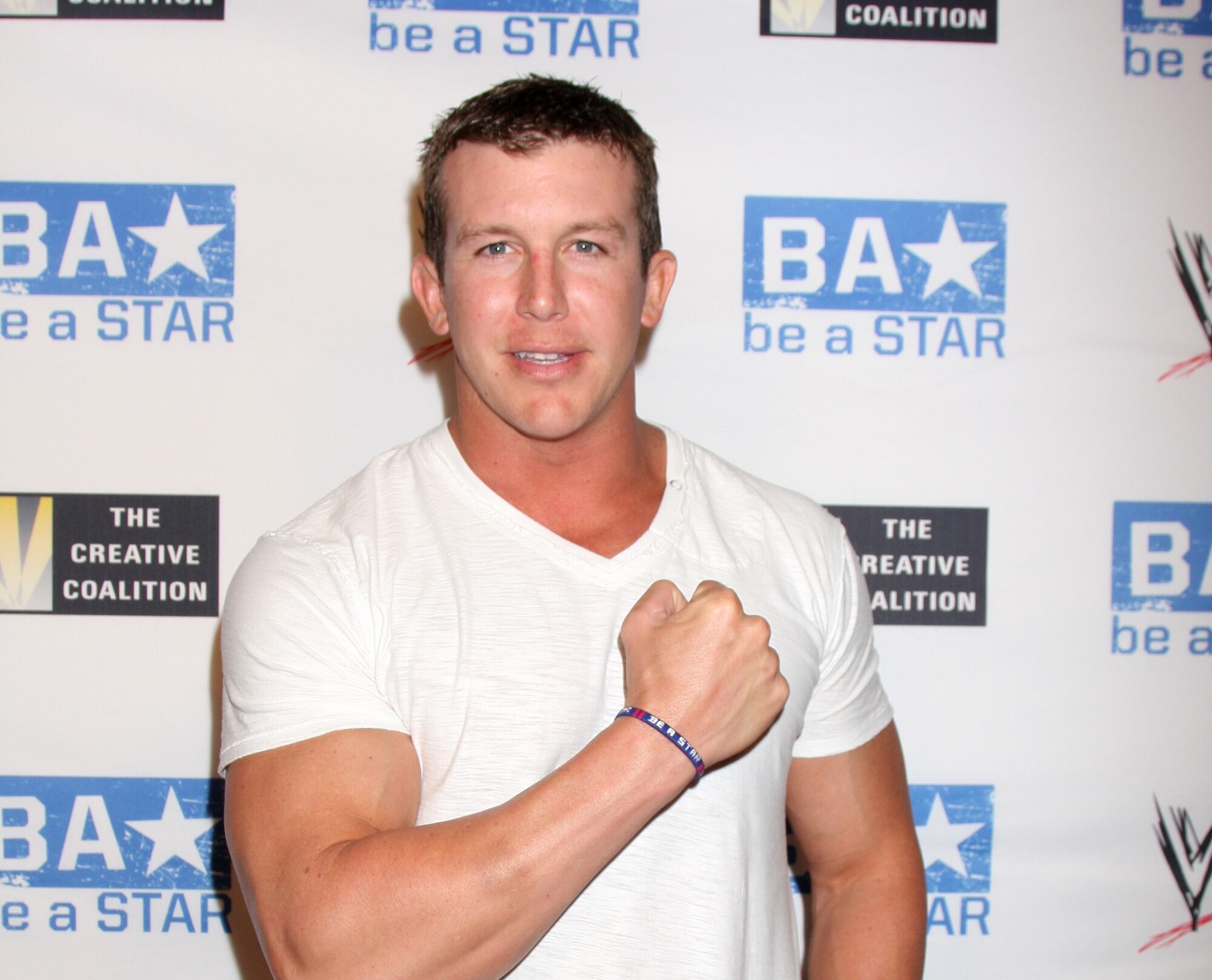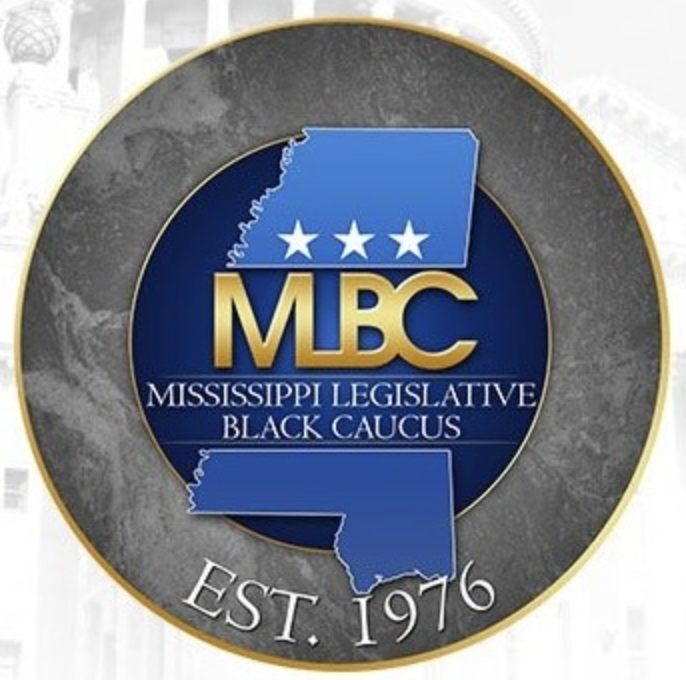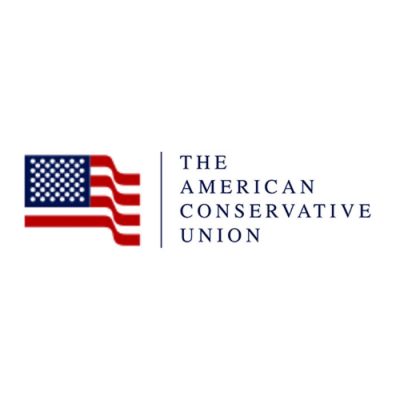
Funding can be used for innovative partnerships with community-based organizations to increase vaccine uptake, including in underserved populations
###
The Centers for Disease Control and Prevention (CDC) has awarded Mississippi $29,694,340 to support local efforts to increase vaccine uptake by expanding COVID-19 vaccine programs and ensuring greater equity and access to vaccine by those disproportionately affected by SARS-CoV-2, the virus that causes COVID-19.
The award is part of $3 billion in funding that CDC has granted to 64 jurisdictions to bolster broad-based vaccine distribution, access, and administration efforts. The funding was made available by the American Rescue Plan and the Coronavirus Response and Relief Supplemental Appropriations Act and will provide critical support through CDC’s existing immunization cooperative agreements in communities around the country.
“We are doing everything we can to expand access to vaccinations,” said CDC Director Rochelle P. Walensky, MD, MPH. “Millions of Americans are getting vaccinated every day, but we need to ensure that we are reaching those in the communities hit hardest by this pandemic. This investment will support state and local health departments and community-based organizations as they work on the frontlines to increase vaccine access, acceptance, and uptake.”
To ensure health equity and expanded access to COVID-19 vaccines:
- 75% of the total funding must focus on specific programs and initiatives intended to increase vaccine access, acceptance, and uptake among racial and ethnic minority communities; and,
- 60% must go to support local health departments, community-based organizations, and community health centers.
For example, funds could be used to identify and train trusted members of the community to conduct door-to-door outreach to raise awareness about COVID-19 vaccines and help individuals sign up for appointments. Funds may also be used to support hiring community health workers who perform culturally-competent bilingual health outreach so they can provide people who are receiving care with the information they need to get a free vaccination.
These awards are part of ongoing efforts by CDC and the U.S. Department of Health and Human Services (HHS) to increase public education, awareness, and access to COVID-19 vaccines and strengthen health equity.
- Last week, HHS launched the COVID-19 Community Corps – a nationwide, grassroots network of community leaders people know and trust, to encourage Americans to get vaccinated. Community Corps members will receive weekly updates on the latest scientific and medical updates, talking points about the vaccine, social media suggestions, infographics, factsheets with timely and accurate information, and tools to help people get registered for an appointment and vaccinated. The Community Corps launched on Thursday, April 1 with over 275 founding members, and as of Friday, April 2, more than 3,000 had already signed up.
- CDC plans to award more than $250 million to community-based organizations serving minority or underserved communities to support their COVID-19 outreach efforts, including connecting members of the community with health services and vaccinations.
- The HHS Office of Minority Health is also investing $250 million to encourage COVID-19 safety and vaccination among underserved populations in minority communities.
- HHS, through the Health Resources and Services Administration (HRSA), will invest more than $6 billion from the American Rescue Plan into Community Health Centers nationwide to expand COVID-19 vaccinations, testing, and treatment for vulnerable populations.
- CDC announced a plan to invest $2.25 billion to address COVID-19-related health disparities and advance health equity among high-risk and underserved populations through grants to public health departments.
- CDC also plans to provide $300 million to jurisdictions for community health worker services to support COVID-19 prevention and control and address disparities in access to COVID-19 related services, such as testing, contact tracing, and vaccinations, as well as an additional $32 million for training, technical assistance, and evaluation.
###
Release from CDC.









